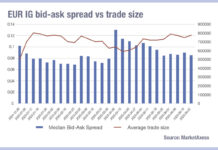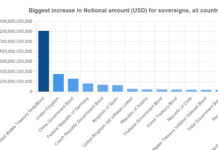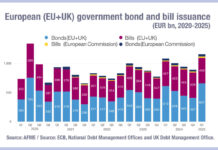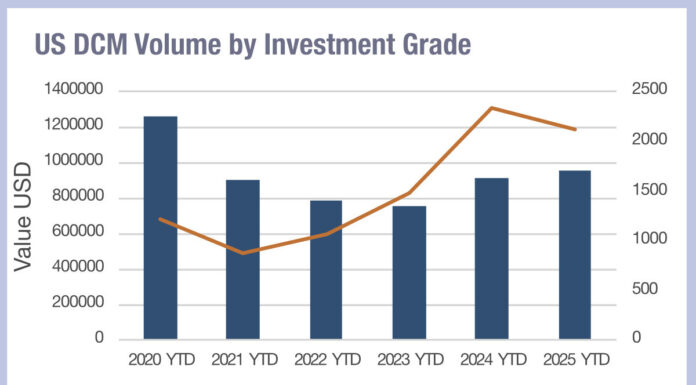
The European Commission has stated that it will review the mandatory buy-in rules under the Central Securities Depository Regime (CSDR). The comments were made in a mandated review of CSDR, which partially came into effect in 2014 but has several elements still to put into effect. Buy-in rules are due to come in during 2022.
Pete Tomlinson, director of post trade at industry body AFME, said, “It is helpful that the Commission has stated its intention to consider amendments to the mandatory buy-in regime, subject to an impact assessment. Given that amendments may now be made at a later date, it does not make sense for the current rules to be implemented and enforced on 1 February 2022.”
The relevant technical standards – RTS 11 – is set to enter into force on that date, and its main elements are the introduction of cash penalties for CSD participants in case of settlement fails, and mandatory buy-ins where a CSD participant fails to deliver the security within a fixed extension period.
These have proven controversial as the added cost and risk involved in operational failure would formalised and borne by market makers.
On 8 October 2020, the European Parliament invited the Commission to review the settlement discipline regime in view of the COVID-19 crisis and Brexit, via its resolution on further development of the Capital Markets Union.
In its review of CSDR, the EC noted that, “It was argued that mandatory buy-ins will reduce liquidity in the market, increase costs for investors and place EU CSDs at a competitive disadvantage when competing with third-country CSDs that do not have to comply with similar rules.
Moreover, most respondents to the targeted consultation considered that settlement discipline, in particular mandatory buy-ins, would have had a significant negative impact on the market during the market turmoil provoked by COVID-19 as it would have: (i) increased liquidity pressure, (ii) increased the cost of securities at risk of being bought-in, and (iii) hampered the ability to hedge.”
However, it also observed the ineffectiveness of voluntary measures noting, “Voluntary buy-ins today do not incentivise the optimisation of back-office procedures that can also cause settlement fails; there will be significant hesitation to execute voluntary buy-ins against large market participants; and they have already made significant investments to comply with the framework.”
Tomlinson said, “AFME strongly recommends that the Commission and ESMA take action to decouple the implementation of the mandatory buy-in rules from all other aspects of the settlement discipline regime. This would allow other measures, such as the penalties regime, to take effect as planned in February 2022, but avoid implementation of the current buy-in rules, which have been widely acknowledged as being flawed. “
The EC went on to note that the public consultation as well as questions to ESMA and the EC have illustrated that clarifications on the scope of the rules on cash penalties might also be required. In addition, it seems that in certain Member States the current methodology for the calculation of cash penalties cannot be applied due to the absence of an official interest rate for overnight credit.
“In light of stakeholders’ feedback, it is appropriate for the Commission to consider proposing certain amendments, subject to an impact assessment, to the settlement discipline framework, in particular the mandatory buy-in rules, to make it more proportionate and avoid potential undesired consequences.”
The United Kingdom has already stated it would not implement the mandatory buy-in rules post-Brexit.
©Markets Media Europe 2025


























